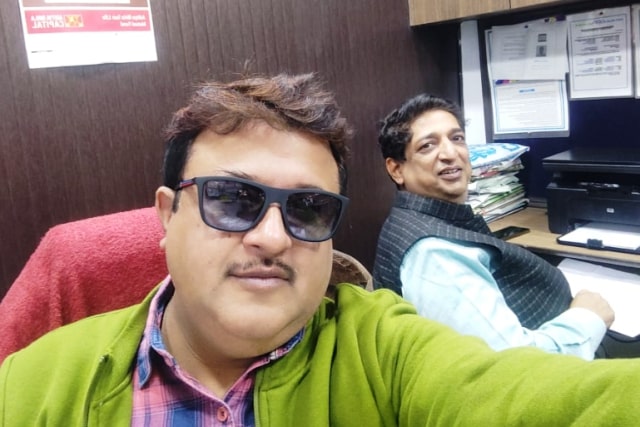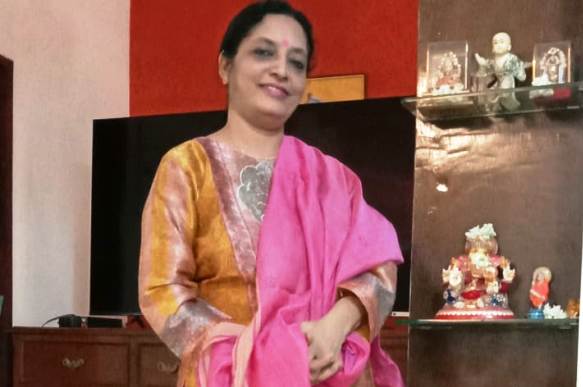Jitendra Luthra, an investment advisor based in UP, says the Indian fundamentals are strong enough to absorb any untoward disruptive incident in the long run. His views:
I have a piece of advice for all stock market investors, big or small, who have been losing sleep ever since US President Donald Trump announced a new tariff regime: Trump himself is still not clear about the intensity and degree of the tariffs he wants to impose on a specific country. White House is still rejigging the figures. So allow the dust to settle down and do not press the panic button.
My second advice is: the recent military flare-up between India and Pakistan will have little impact on the Indian market, though there could be minor upheaval initially. It is the Pakistan Stock Exchange (PSX) which will find it difficult to recover from the shock caused by the conflict as well as its after-effects. Stock markets move not only based on sentiments but also on the fundamentals of its corresponding economy.
Coming back to US tariffs, it is becoming increasingly clear that the real cause of the stocks tanking was US posturing against China. Currently, the two economic giants have reached a trade deal. Those who resorted to panic selling when the tariffs and counter-tariffs were hovering around 250% may now be regretting their decision.
Mind you, even while stock exchanges around the world felt the heat of reciprocal tariffs as soon as they were announced, the Indian stock market was arguably the first exchange to recover and successfully erase a majority of its losses. This is also seconded by the observations of big wig market experts like Bloomberg which touted Indian markets as “relatively safe” amid global volatility over Trump’s punitive move on friends and foes alike.
ALSO READ: Donald Trump And The New World Order
Reports have also lauded our markets for having a much better capacity to withstand a potential global recession at any point of time and any kind of unfavourable global economic conditions. According to other stats available widely, India is far better insulated from tariffs, accounting for only 2.7% of total US imports, compared to China at 14% and Mexico at 15% making less or no impact on its market behaviour for long durations of instability.
The recovery of Indian stocks after the ceasefire was announced is also a clear indicator that our fundamentals are strong. On the other hand, Pakistan stocks tanked since global investors know where it stands vis-à-vis India – be it economy, infrastructure, resources, planning, skills, etc. Therefore our investors need not worry in terms of returns during or post escalation.
Another stronghold of the Indian markets is that we have, for a significant period, managed to limit Chinese investments resulting in any kind of substantial effects on China having minimal or least impact on India unlike the situations and threats faced by other global markets. Also, our manufacturing capacities and capabilities are growing rapidly for the past few years positioning India as an alternate to China as a manufacturing hub. This, along with our more conciliatory approach with Washington, is also keeping our markets and investments stable and safe.
Initially, 26 per cent duty was proposed by Trump and our institutions are negotiating the present rejig with America, aiming for $500 billion in bilateral trade by 2030. We, as investors, should also not be moved with such ups and downs and pros and cons in the local and global markets as they are not permanent. We should also remember that our economy is one of the most stable economies in the world having surpassed major slumps and recessions in the past only to emerge more successful and powerful.
As told to Rajat Rai

